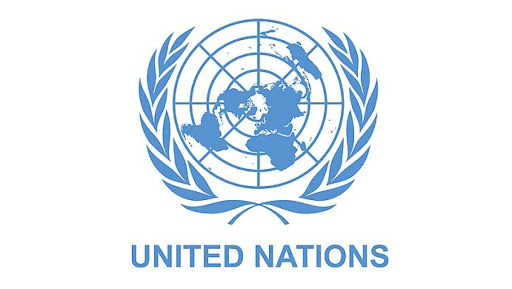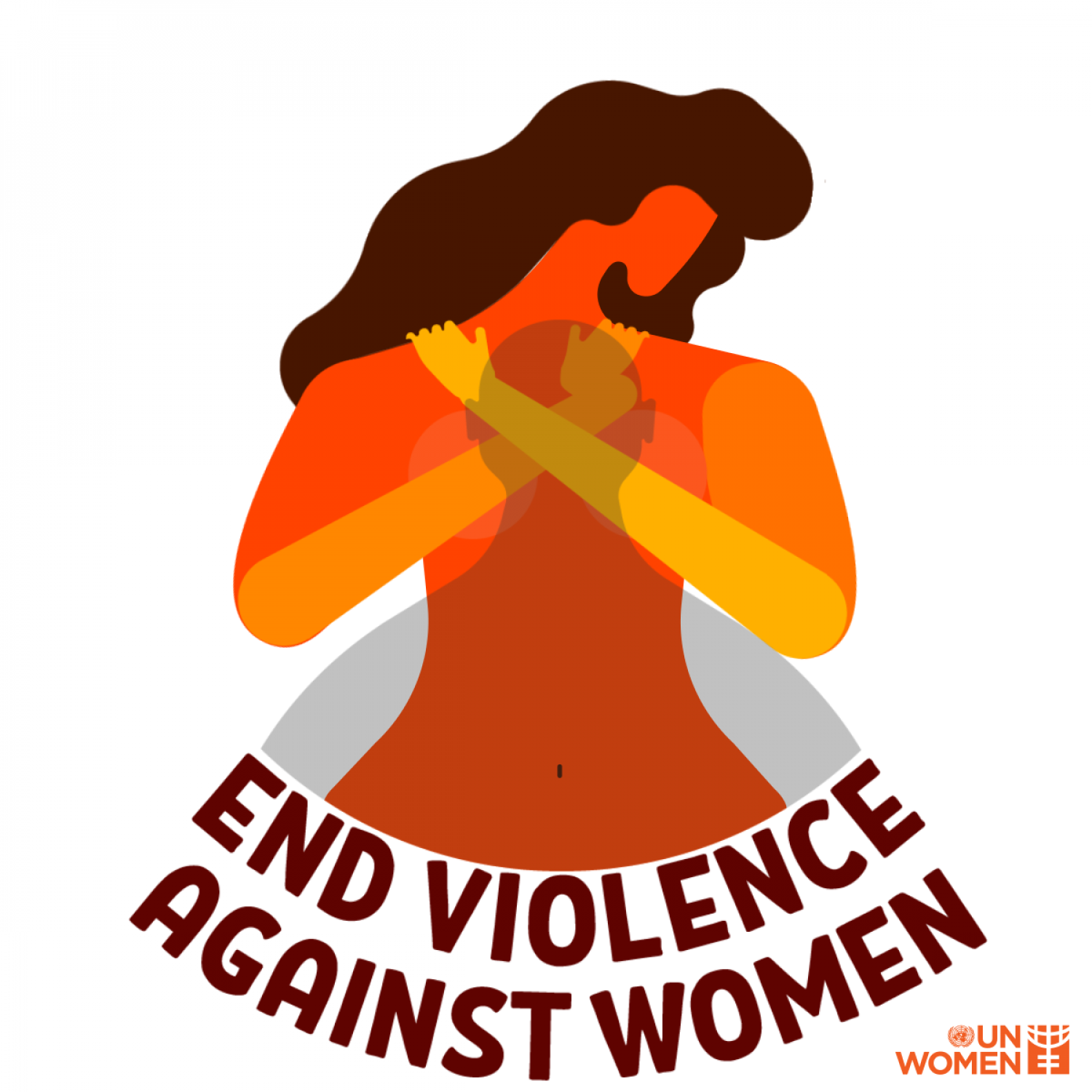Thiruvananthapuram: Kerala, home to one of the highest diversities of venomous snakes in India—second only to West Bengal—has officially declared snakebite envenomation a public health priority. The move mandates hospitals to report all cases, ensures steady anti-venom supplies, and standardises treatment protocols across the state.
The Kerala High Court recently directed the state government to designate snakebite as a notifiable disease within two months, in line with a Union health ministry circular from November 2024. The court order, issued on September 26, stems from two 2019 petitions filed after a Class 5 student died from a snakebite at a government school in Wayanad.
Kerala joins Karnataka and Tamil Nadu in recognising snakebite envenomation as a notifiable condition. Its inclusion under the Integrated Disease Surveillance Programme, as per Section 28(3) of the Kerala Public Health Act, 2023, reinforces its status as a structured health priority.
Each year, Kerala records over 3,000 critical snakebite cases. Between 8,000 and 12,000 people are treated in government hospitals annually for snakebites, according to the National Health Mission. Fatalities have seen a decline in recent years: 76 deaths were reported in 2020, 40 in 2021, and 42 in 2022.
This classification enables better coordination between departments and enhances emergency medical response. Clinical treatment and reporting will now follow the National Centre for Disease Control’s updated 2022 guidelines for snakebite management.
Rural and agricultural communities remain particularly vulnerable, especially to species like the Russell's viper, cobra, krait, and saw-scaled viper. The hump-nosed pit viper—native to the Western Ghats—is also a concern, with its venom linked to severe kidney damage and underreported fatalities, according to a 2021 study in the Journal of the Association of Physicians of India.
Snakebite envenomation was recognised by the World Health Organization in 2017 as a Neglected Tropical Disease, with a global target of halving related deaths and disabilities by 2030. Kerala’s move aligns state health policy with WHO’s strategic goals.
The state’s SARPA platform (Snake Awareness, Rescue, and Protection App) connects citizens to certified snake rescuers, provides verified incident reporting, and offers first-aid guidance. The initiative, combining trained snake handlers, emergency teams, and hospital alerts, is credited with helping reduce snakebite fatalities in recent years.
According to SARPA data, 334 snakebite deaths were recorded between 2017 and 2019, averaging 110 deaths annually.




